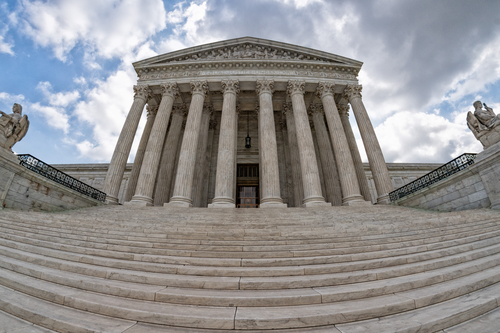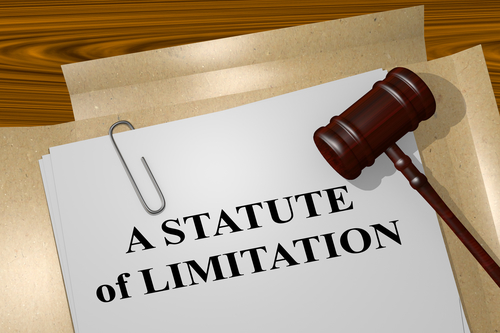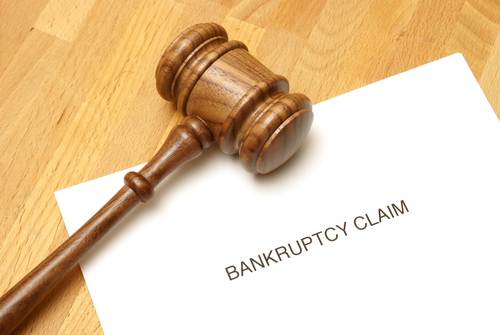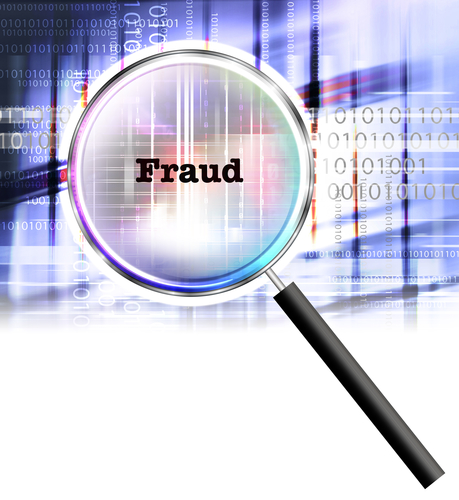Creditor Alert: Supreme Court to Settle Circuit Court Split on Whether Filing a Stale Proof of Claim Violates the Fair Debt Collection Practices Act
By Michael L. Moskowitz and Melissa A. Guseynov
 We have previously reported on the interplay between the Bankruptcy Code and the Fair Debt Collection Practices Act (“FDCPA”), and the conflicting case law throughout the country regarding whether a creditor violates the FDCPA by knowingly filing a time-barred proof of claim in a bankruptcy case.
We have previously reported on the interplay between the Bankruptcy Code and the Fair Debt Collection Practices Act (“FDCPA”), and the conflicting case law throughout the country regarding whether a creditor violates the FDCPA by knowingly filing a time-barred proof of claim in a bankruptcy case.
As anticipated, on October 11, 2016, the Supreme Court of the United States granted a petition for certiorari in Midland Funding LLC v. Johnson. As we previously reported, in May of this year the United States Court of Appeals for the Eleventh Circuit held that debt-collectors may face FDCPA liability for knowingly filing a stale proof of claim in a bankruptcy case.













 On March 11, 2016, the Court of Appeals for the Seventh Circuit held that a tenant debtor’s pre-petition lease termination may be voidable as a fraudulent conveyance or a preferential transfer in the tenant’s subsequent bankruptcy case. In re Great Lakes Quick Lube LP, 816 F.3d 482 (7th Cir. 2016).
On March 11, 2016, the Court of Appeals for the Seventh Circuit held that a tenant debtor’s pre-petition lease termination may be voidable as a fraudulent conveyance or a preferential transfer in the tenant’s subsequent bankruptcy case. In re Great Lakes Quick Lube LP, 816 F.3d 482 (7th Cir. 2016).













